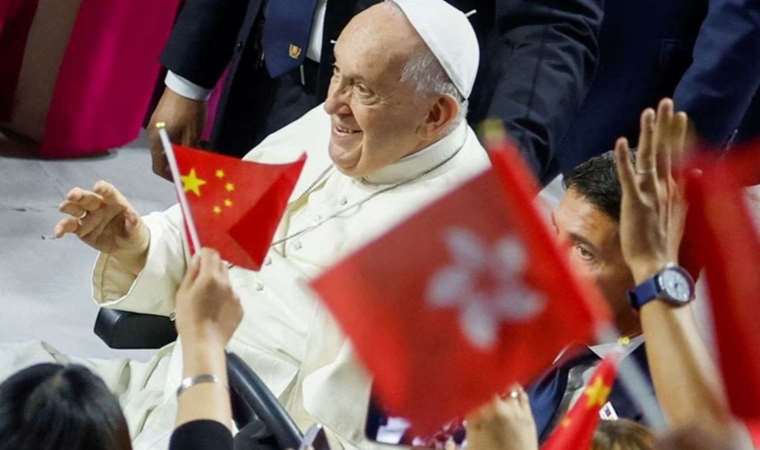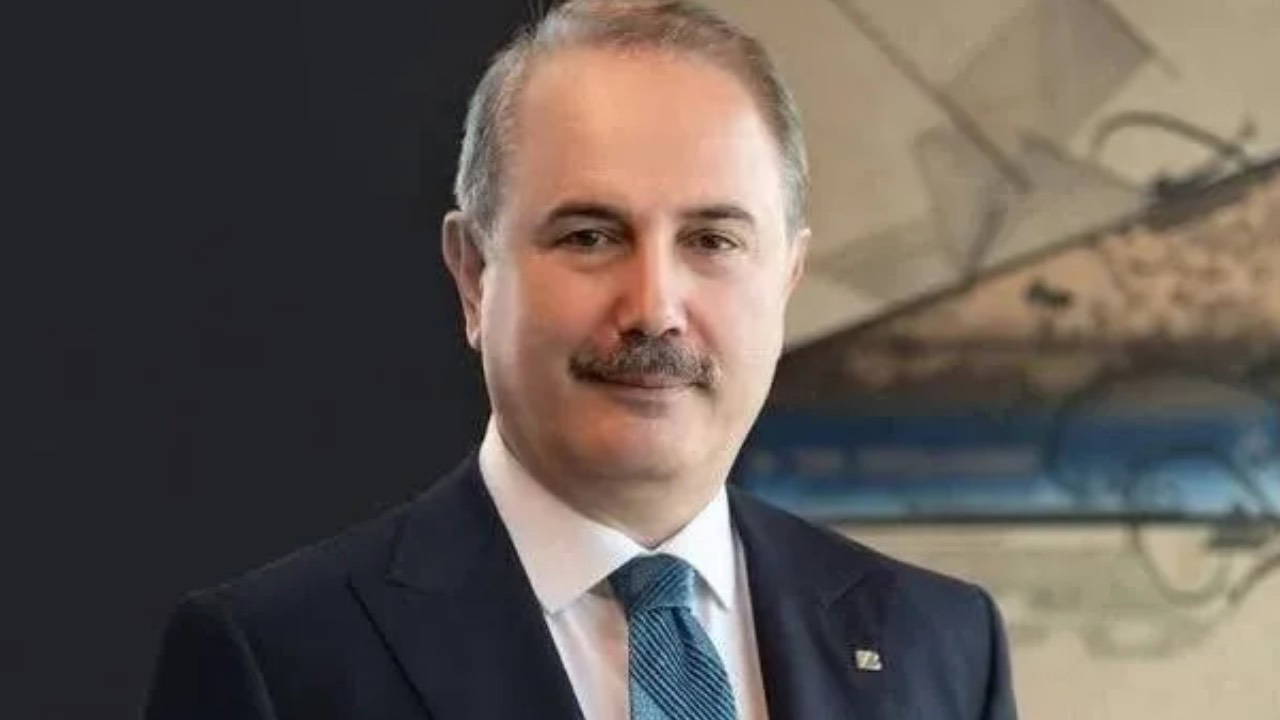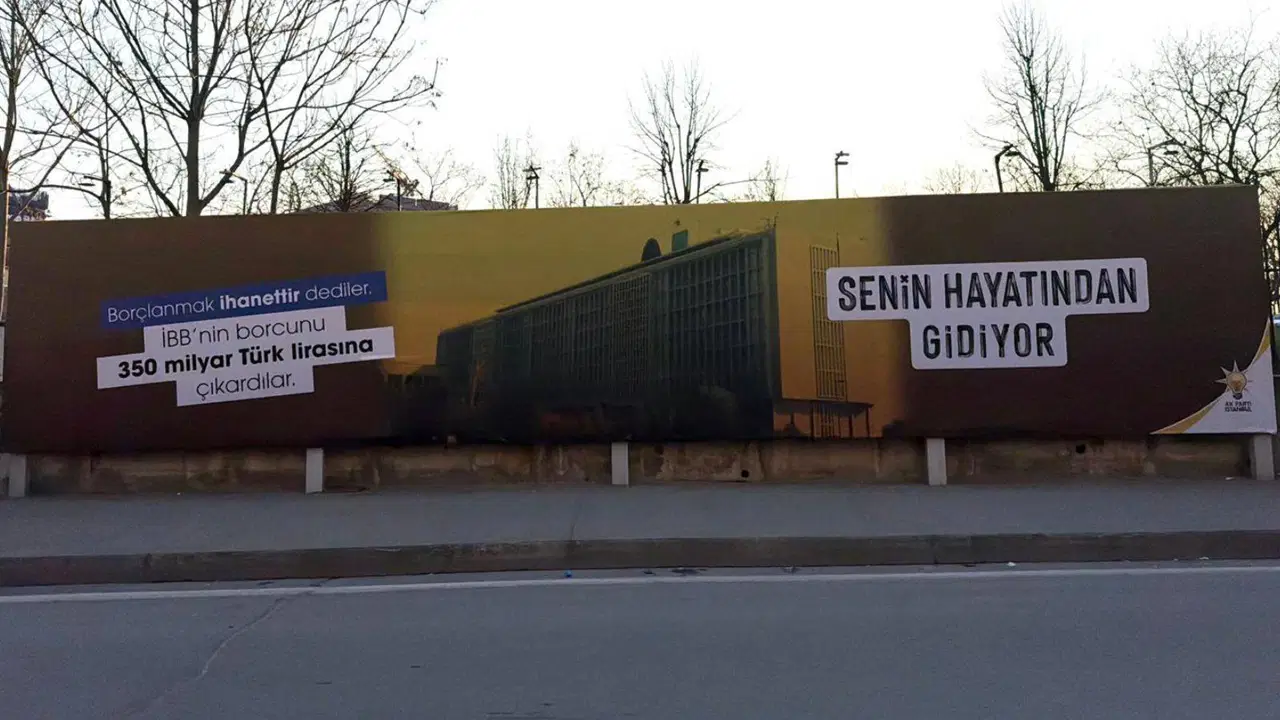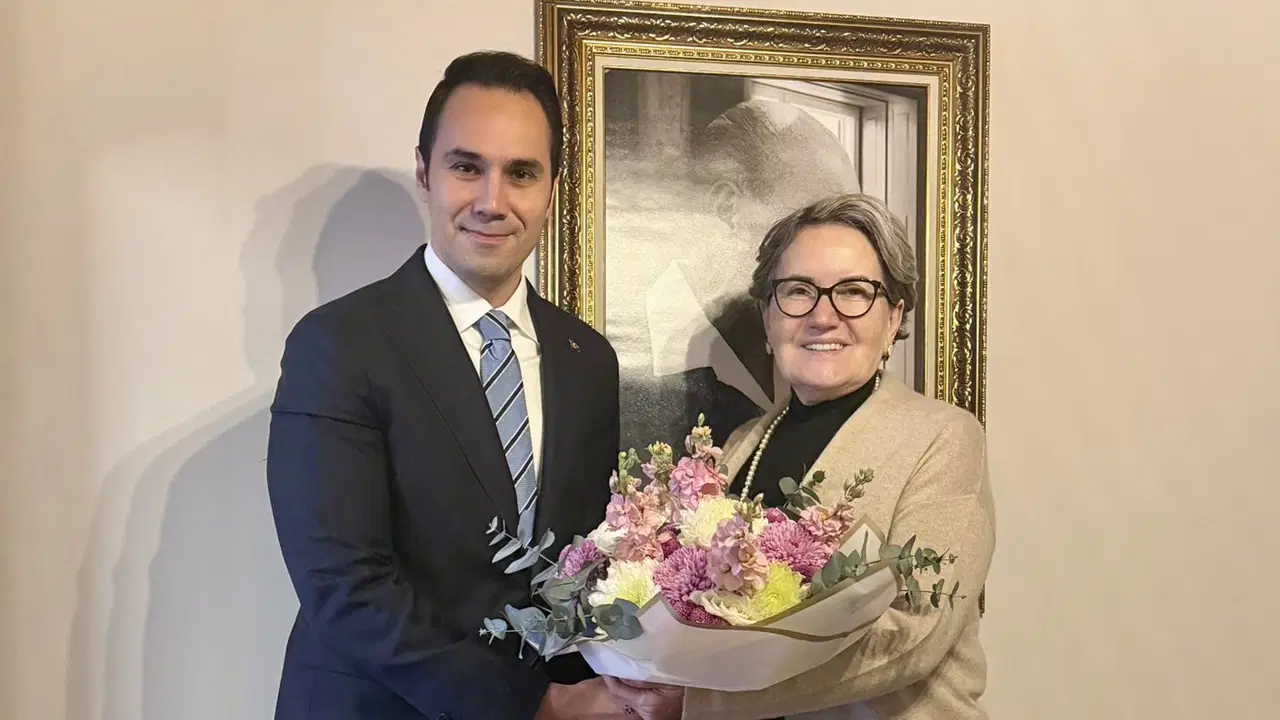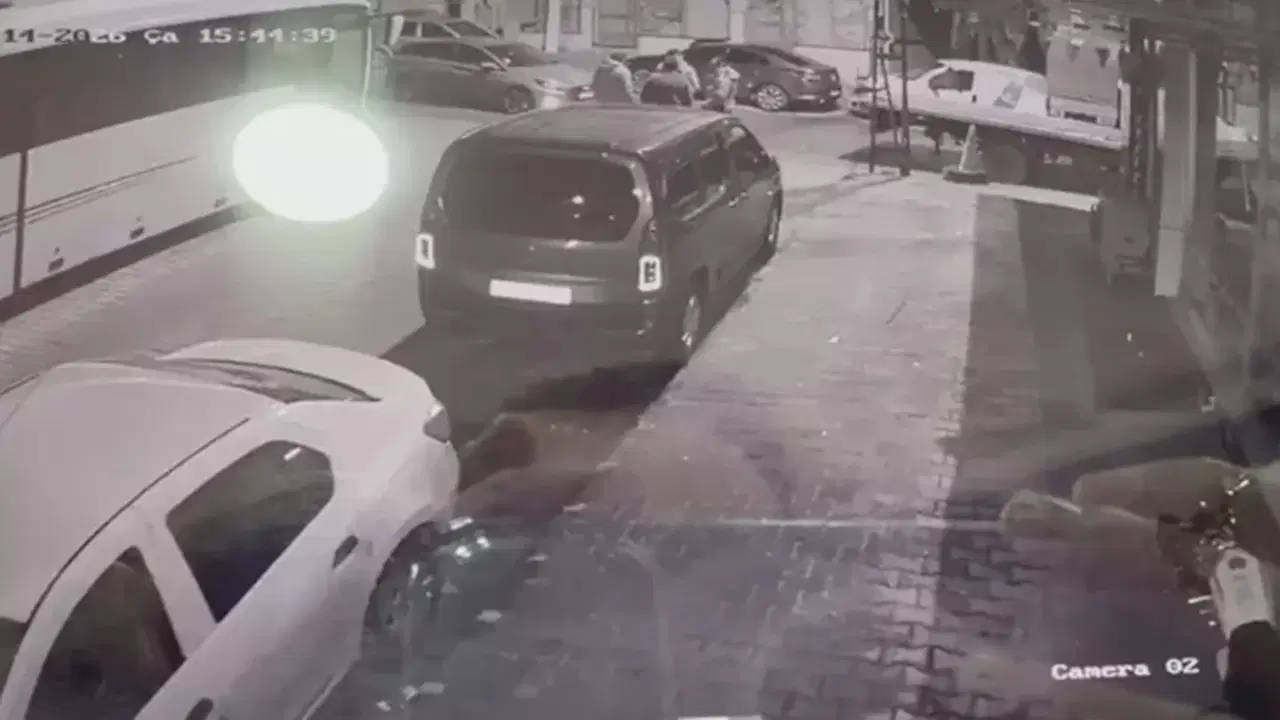During a Sunday Mass, the Pope extended greetings to China, commending its citizens as "noble" people while urging Chinese Catholics to be "good Christians and good citizens."
On Monday, China's foreign ministry expressed a positive stance on improving relations with the Vatican. Spokesperson Mao Ning, during a press briefing, acknowledged that Beijing has maintained communication with the Vatican.
While the primary purpose of Pope Francis' visit was to meet with Mongolia's small Catholic community, he concluded his five-day mission with the inauguration of the House of Mercy. This facility offers healthcare services to Mongolia's most vulnerable, including the homeless, victims of domestic abuse, and migrants. The House of Mercy, situated in a converted school, is an initiative led by Mongolia's top Catholic cleric, Italian Cardinal Giorgio Marengo. It will oversee the efforts of Catholic missionary institutions and local volunteers.
During the inauguration, Pope Francis emphasized that a nation's true progress should not be measured solely by economic wealth or military strength but by its ability to provide healthcare, education, and comprehensive development to its people.
Furthermore, Pope Francis aimed to dispel the misconception that Catholic institutions seek to convert people to the faith as an ulterior motive for their charitable work. He highlighted the importance of caring for others and serving humanity as the true purpose of such institutions.
Mongolia, primarily a Buddhist nation, has a Catholic population of only 1,450 in a total population of 3.3 million. On Sunday, nearly the entire Catholic community in Mongolia gathered under one roof with the Pope.
On Monday, approximately two dozen Chinese Catholics surrounded the Pope's motorcade in hopes of receiving his blessings. These devotees, who identified themselves as mainland Chinese Catholics and donned uniforms reading "Love Jesus," gathered outside the House of Mercy. As the Pope's motorcade left the center, they sang a Christian hymn dedicated to him in Mandarin and tried to approach his vehicle. One woman managed to break through security and received a blessing from the Pope.
Reflecting Mongolia's historical connection to China until 1921, Pope Francis made references to China during his trip, addressing the neighboring superpower with which the Vatican maintains complex relations due to its ruling Communist Party.
On Saturday, the Pope stated that governments should not fear the Catholic Church because it lacks a political agenda. While not explicitly naming China, this statement appeared to be aimed at countries, like China, rather than Mongolia. Beijing has pursued a policy of "Sinicization" of religion, aiming to eliminate foreign influences and ensure adherence to the Communist Party.
Although China's constitution guarantees religious freedom, the government has increasingly tightened restrictions on religions perceived as challenging the Party's authority. In December, the United States designated China, along with Iran and Russia, among others, as countries of particular concern for severe violations of religious freedom.
A significant 2018 agreement between the Vatican and China concerning the appointment of bishops has remained fragile, with the Vatican alleging several violations by Beijing.
The phrase used by Pope Francis on Sunday, "good Christians and good citizens," is one frequently employed by the Vatican to persuade communist governments that granting greater freedom to Catholics would benefit their nations' social and economic progress.











